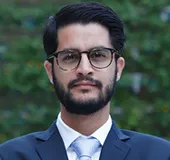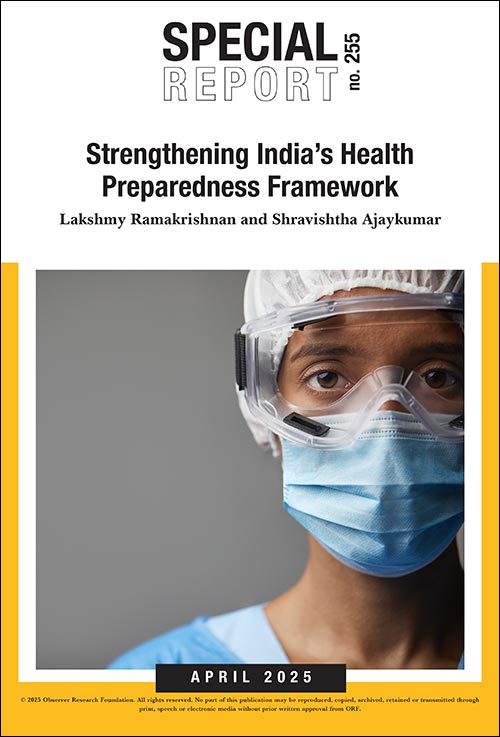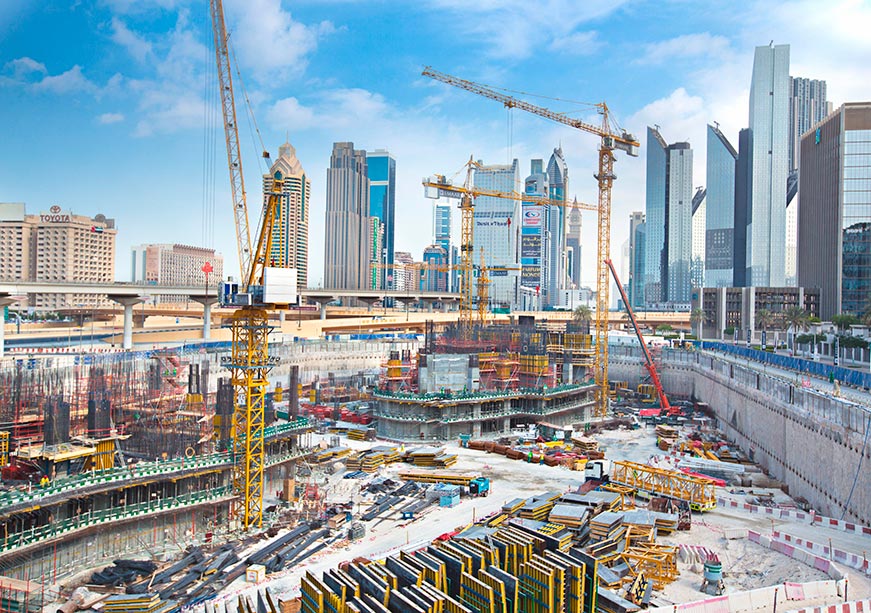
Speaking at the Times Now Summit in Delhi, Home Minister Amit Shah passed the buck on the detention of political leaders to the local administration suggesting the central government had no role to play in it. Even though no one in the local administration would dare to detain the former chief ministers without the concurrence of the political leadership in Delhi, the reality is that the central government is assuming more and more power on security-related matters of J&K to the extent that the posting of lowest rung of police officers is now decided from the North Block.
After the bifurcation of Jammu and Kashmir and downgrading its status to that of a Union Territory, the J&K Police is getting disempowered and sidelined in a massive shift of power. Considered as one of the best police forces of the country which is at the forefront of counter-terrorism in the region it is slowly losing its primacy.
On 14 January, Lt. Governor G.C. Murmu issued an order which gave massive authority to his Advisor R.R. Bhatnagar on matters of policing and security. The order, among other things, gave the powers to shuffle lower rung of the police force to the level of a Station Head Officer. More so, the matters regarding the usual shuffling and posting of the police station level officers will now happen in consultation with the Special Security Advisor of the Home Ministry.
The order No.78-JK(GAD) of 2020, dated 14/01/2020 states: “Suggest appropriate measures for effective policing and intelligence gathering for effective policing at the police station level including reshuffling of SHO and other cutting-edge levels in consultation with the Special Security Advisor, (MHA).”
Effectively this order strips the Director General of the Police of powers to transfer lower rung officers and bestows the authority to the two Advisors — one of Lt.Governor and the other of MHA. Earlier the authority to shuffle officers below the rank of SPs was with the police chief. Officers above the rank of SP were posted by the cabinet and in case of governor's rule, the authority to shuffle was with the state advisory board.
No surprise that this move evoked murmurs and muted criticism within the service. The centralization of powers is seen as an effort by the security establishment in Delhi to shift the power center to the Advisors — both former IPS officers, who have not served in J&K Police. One of them has zero experience in counter-terrorism operations and was never stationed in J&K.
Taking the powers from the police chief who usually comes with decades of experience in matters of security specific to J&K and granting them to the former officers of a central police force will certainly create a knowledge deficit. But at the same time, the move will adversely affect the confidence of the top IPS officers of the JK cadre. More so this move sends a signal to the lower rungs that their boss is sitting in MHA who could earlier reach out to top officials for postings and transfer.
As per a report, the move has not gone down well within the rank and file. The report suggests that there is a growing disappointment among the police officers and constabulary who are the frontline of the anti-militancy operations. If anything, the move reeks of a mistrust that is gradually creeping between the central government and the local force.
Days later, another decision was taken to transfer the internal security of the Srinagar International Airport from J&K Police to the Central Industrial Security Force. While the move was in tandem with the norms for maintenance of security in other states of the country, many in the police force are bound to feel dejected as the posting at the airport was considered plum one.
Similarly, another decision taken in accordance laid out in the J&K reorganisation act has created confusion and disarray in the force. The merger of the J&K cadre of the Indian Police Service with the AGMUT cadre opens up the possibility of posting the officers from other union territories to the J&K. Many of these officers have no understanding of the complex security matters and no experience in counter terrorism. The other possibility that arises from the merger is that the officers of the erstwhile J&K cadre will be posted out. Again a matter that is bound to cause heartburn.
There is a growing sense in the police bureaucracy that all decisions big or small will be taken from New Delhi or in concurrence with the wishes of political leadership in Delhi. For instance, the decision to ease out the communication blockade in J&K was delayed for weeks. Although, the recommendations of the J&K Police and other security agencies suggested that some of the restrictions can be lifted.
While the central government may have its reasons to keep the decisions related to security matters under its purview, without proper feedback and the understanding of the ground force, the implementation of the decisions can hit roadblocks. For a force that enjoyed significant powers in the previous governance structure, there is a growing feeling that the central forces such as the CRPF and CISF are bound to get empowered and primacy.
Needless to say, the sacrifices of the policemen in countering the militancy have been far too many and it is perhaps for the first time in the three-decade-long history of counter-militancy that the force is witnessing a rejig that could side-line it to the background of security matrix in Jammu and Kashmir. The force is considered as the eyes and ears of the central armed forces and the Indian Army for its outstanding intelligence gathering and the knowledge of the local dynamics.
There is a serious apprehension that the coming summers will keep Kashmir on the edge. There is also a growing fear that the decisions taken on 5 August 2019, may lead to an increase in militancy to geographies outside the Kashmir valley. Ergo dependency on the local eyes and ears will only increase. It is thus imperative that any security policy takes into consideration the indispensable role that the J&K Police will be playing in the future and try not to tarnish or side-line the force for the misdoings of some black sheep.
The views expressed above belong to the author(s). ORF research and analyses now available on Telegram! Click here to access our curated content — blogs, longforms and interviews.




 PREV
PREV


